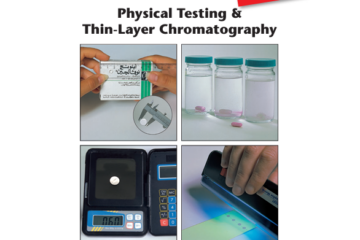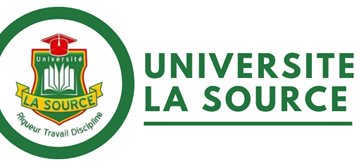Access to safe, effective, and quality medical products is essential for universal health coverage. However, substandard and falsified medical products are frequently introduced into the global supply chain, leading to adverse health effects and socioeconomic costs. These products are a persistent public health challenge that affects WHO member states worldwide. The Member State Mechanism on Substandard and Falsified Medical Products was established in 2012 to coordinate and organize activities to prevent, detect, and respond to substandard and falsified medical products. The mechanism has provided a collaborative, inclusive, and transparent means for countries to address this problem. Despite this effort, low- and middle-income countries spend an estimated $30.5 billion on substandard and falsified medicines, accounting for 10.5% of medicines in the supply chain in these countries.
The Member State Mechanism has created a two-year workplan for 2022-2023 that lays out the agreed prioritized activities to enable a safer supply chain, focusing on prevention, detection and response. Once the list of prioritized activities is agreed by the Member State Mechanism, work in the various areas identified is then led by Member States, with the support of the Secretariat if needed.
International collaboration and cooperation are crucial to effectively addressing the issue of substandard and falsified medical products. The issue of falsified and substandard medicines affects all countries, either in the physical market or through the internet. A collaborative and supportive effort is needed to successfully combat the supply of these products.




